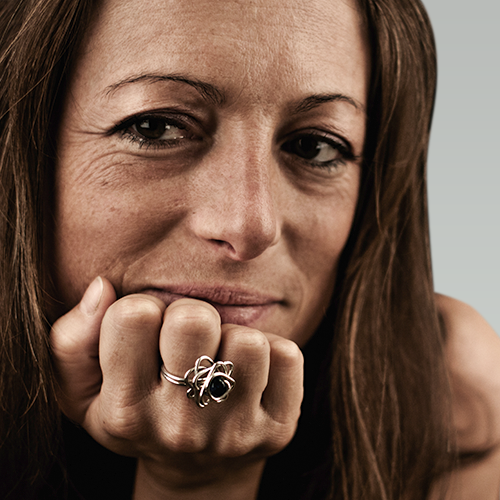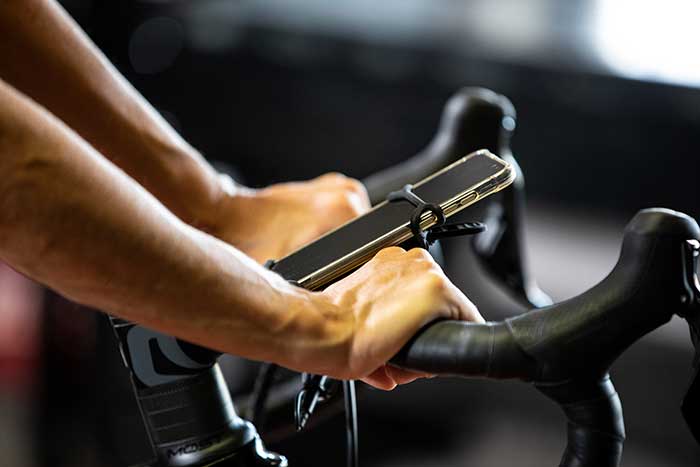The last time I left you in doubt about how you could lose your belly (and not only) by eating more. After a month of, I am sure, anxious waiting, you deserve to know the secret.
Dear female readers, although this article follows the thread of the last one which was written particularly for men, the next lines fully concern you too.
Try to imagine these two scenarios. In the first, (case A), you regularly receive a very respectable salary, live in a new or well-maintained house, with no need for repairs and you have a car that works wonderfully and takes you wherever you want. In the second (case B), a poor or irregular salary compels you to try to make ends meet and just be able to pay essential daily expenses, the ceiling of the house has spots of moisture and there are cracks on the walls which sooner or later you know have to be repaired and your car gasps and sobs at every ignition, so it spends most of its time parked rusting.
Well, now I ask you: in which of the two scenarios would you be more inclined to spend to improve your standard of living (for example to enroll your children in a prestigious school or to make a nice trip, or simply to do some wonderful and comforting shopping!)?
I bet that most of you have focused on case A. Most likely, if you were in situation B, you would try to minimize expenses, eliminating everything you do not consider essential for survival and who knows, maybe you would also ask for a loan.
At this point, we transfer all this to the physiological field: your hypothalamus (the metabolic regulation center) is the man in the situations described above, what he eats is his daily salary and his energy expenditure or, in other words, basal metabolic rate, is the expenses to be faced. If you, in the face of reduced revenue, automatically reduce expenses considered superfluous, in order to safeguard your own survival, how can you think that your hypothalamus does the opposite?
This reaction of pure prudence, learned over millions of years of evolution, leads to two results that, for those who want to keep fit in a stable way, are not very desirable.
The first is that to save energy, one or more systems will be slowed down to perform the various metabolic functions, such as the musculoskeletal system (loss of muscle and loss of sports performance), the cortical system (decrease in resistance to stress and work performance) or the reproductive system (decrease in ... ehm ... other performance). Not to mention the immune system that could start bailing on you.
The second is that if the body consumes less energy than it did before the diet, it will be much easier to, just after the period of restriction, to have "excess energy" and put on fat, even while eating in a controlled way. We find ourselves saying: "I don’t understand: once I could eat what I wanted, now I seem to get fat even when eating only a breadstick", a phrase that I hear too often during the consultancy.
In conclusion, the first signal we have to give our body to make it burn more is to provide it with a regular and consistent salary.
We will talk about the maintenance of the house and the car in the next chapters.
In the meantime, Lots of warm greetings from your nutritional consultant.
Tatiana Gaudimonte
info@loveyourbody.ch

Tatiana Gaudimonte
You might also be interested in


